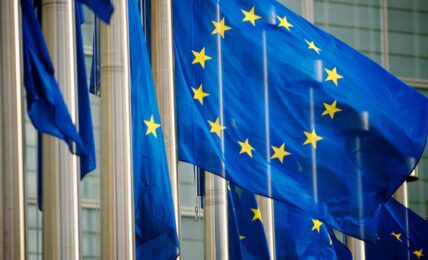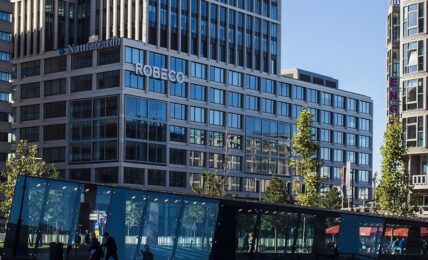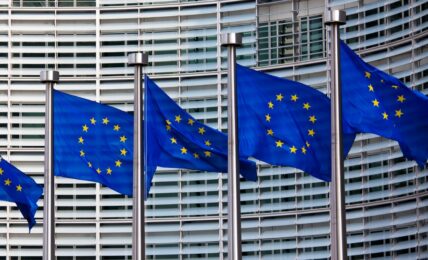The Hong Kong Monetary Authority (HKMA), Hong Kong’s central banking institution, announced the launch of its Sustainable Finance Action Agenda, setting out a series of finance sector-focused targets and planned actions to support green and sustainable financing needs to support the low carbon transition and to establish Hong Kong as a “sustainable finance hub” in the region.
Among the key priorities outlined by the HKMA’s new agenda include directives for banks to reach net zero financed emissions by 2050 and to provide disclosures on climate risks and opportunities, and for the HKMA to incentivize sustainable finance innovation and to provide sustainable-financed training programs for finance professionals.
The HKMA’s Sustainable Finance Action Agenda is organized across four priorities, including “Banking for net zero,” “Investing in a sustainable future,” “Financing net zero,” and “Making sustainability more inclusive,” with the central bank outlining goals and planned actions for each.
Under the “Banking for net zero” category, the HKMA announced goals directing banks to strive to achieve net zero in their own operations by 2030, and in financed emissions by 2050, noting that “banks need to take swift and targeted actions to reduce financed emissions and phase out high-emission assets” in order to address transition risks, and with a view to supporting clients and the wider economy in the net zero transition.
The HKMA also directed banks to enhance transparency on climate-related risks and opportunities, with banks to align disclosures with international standards and frameworks including the ISSB Standards and the Pillar 3 disclosure framework for climate-related financial risks to be issued by the Basel Committee on Banking Supervision. Additionally, tentatively from 2030, the HKMA said that banks should make their transition plans available on a ‘comply or explain’ basis, including decarbonization and financing targets and action plans for achieving net zero by 2050.
In its “Investing in a sustainable future” category, the HKMA is targeting the achievement of net zero in its own Exchange Fund investment portfolio, with plans to expand its scope of sustainable investments, incorporate ESG and climate factors into investment decision making, and set ESG expectations for external managers and portfolio companies. The HKMA also set a goal to support transition in the region through investment, including in areas such as renewable energy, energy-efficient real estate, innovative technologies and sustainable transportation.
Financing net zero goals include developing Hong Kong as “the go-to sustainable financing platform of the region and beyond,” and catalyzing innovation in sustainable finance, with key planned actions including encouraging borrowers to use Hong Kong to raise sustainable financing with subsidies to prospective sustainable finance issuers and incentives to issuers of digital green bonds, using its work on fintech to encourage innovation such as better impact tracking, and fostering the development of a local tech ecosystem.
In its “Making sustainability more inclusive” category, the HKMA included a goal to support high-quality and comprehensive sustainability disclosures, with planned actions to enrich climate disclosure toolkits for banks and their clients and to use technology to enhance the accessibility and usability of data and disclosure tools.
The HKMA also set a goal to close talent and knowledge gaps in sustainable finance, with plans to identify sustainable finance training needs, launch a “Professional Level Enhanced Competency Framework for Green and Sustainable Finance,” and make training courses and programs available in collaboration with training institutions and professional bodies.
HKMA Chief Executive Eddie Yue said:
“Climate change is the defining challenge of our time. Hong Kong, as an International Financial Centre and Asia’s sustainable finance hub, has the duty and capability to up our game in facilitating sustainable fund flows and ensuring that banks manage the risks associated with the net zero transition properly.”



